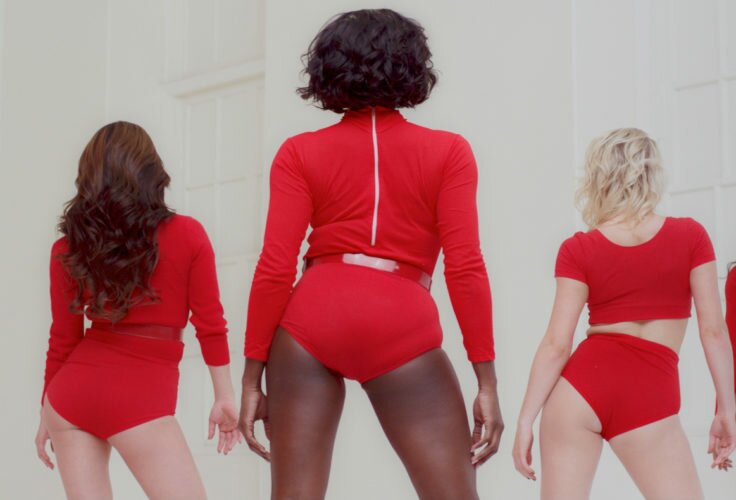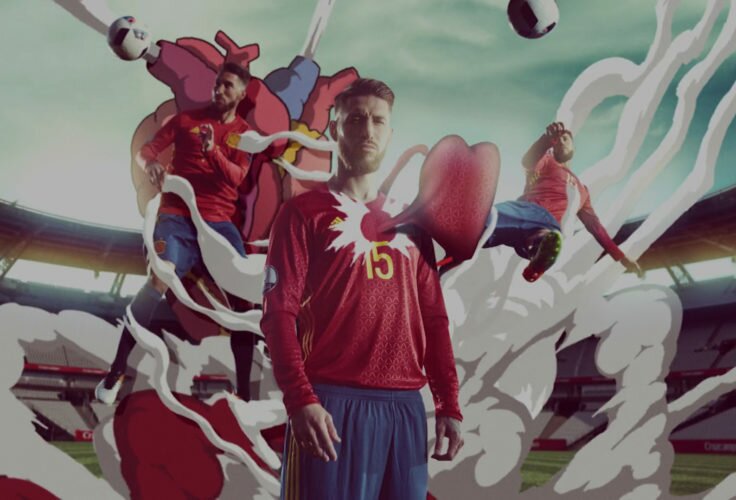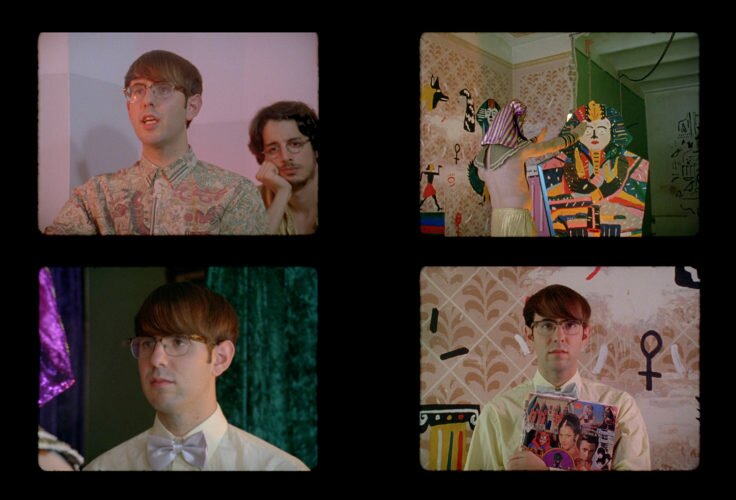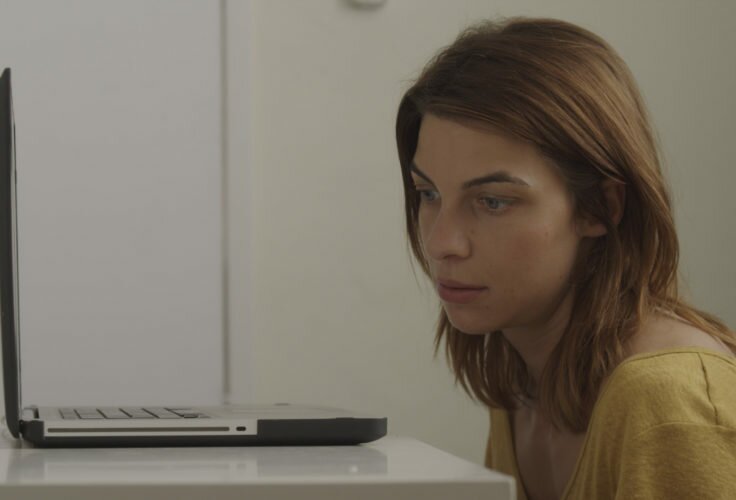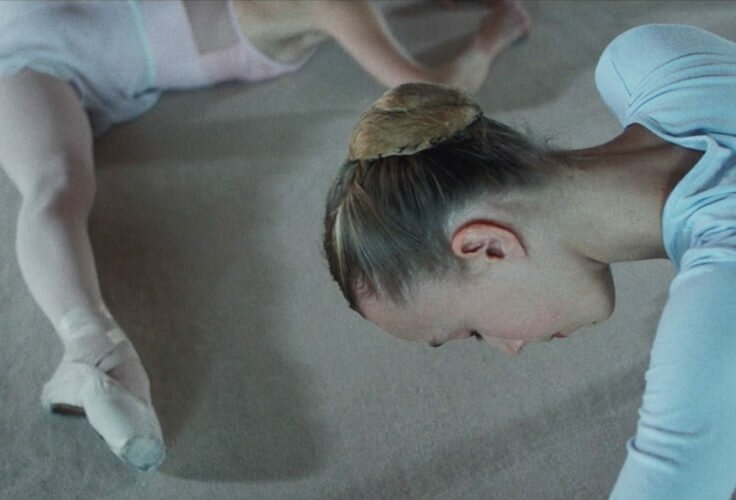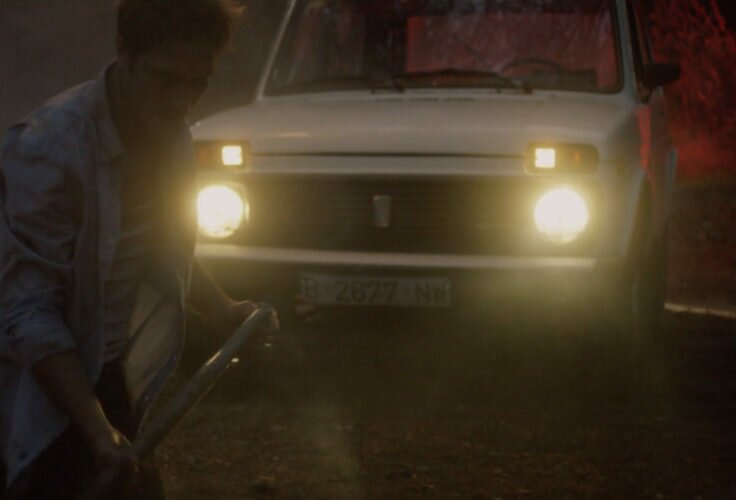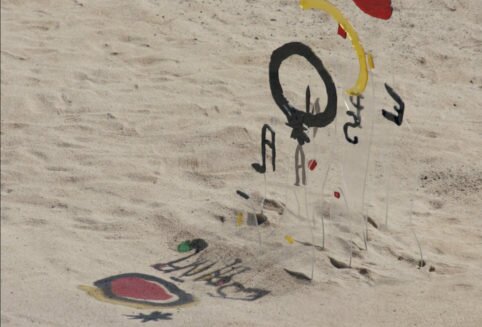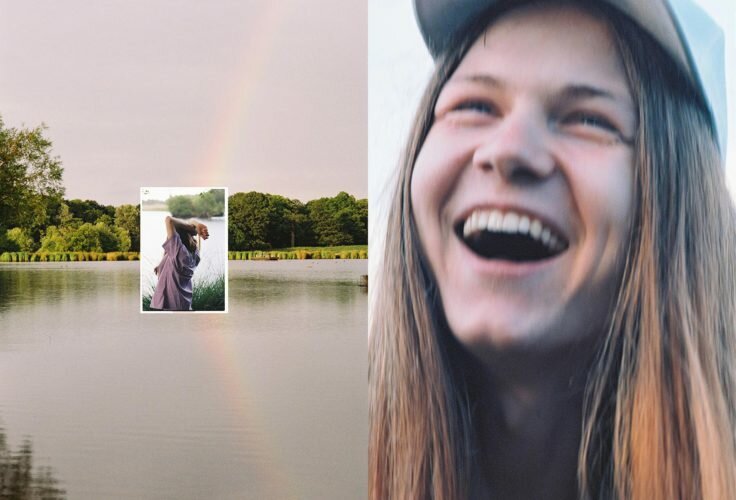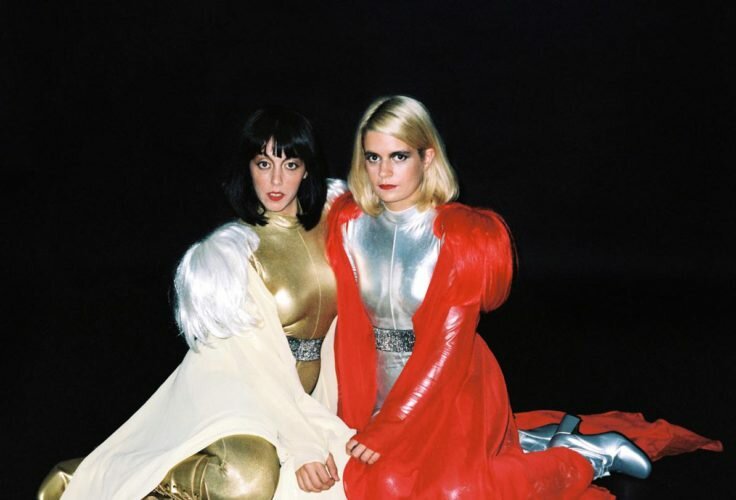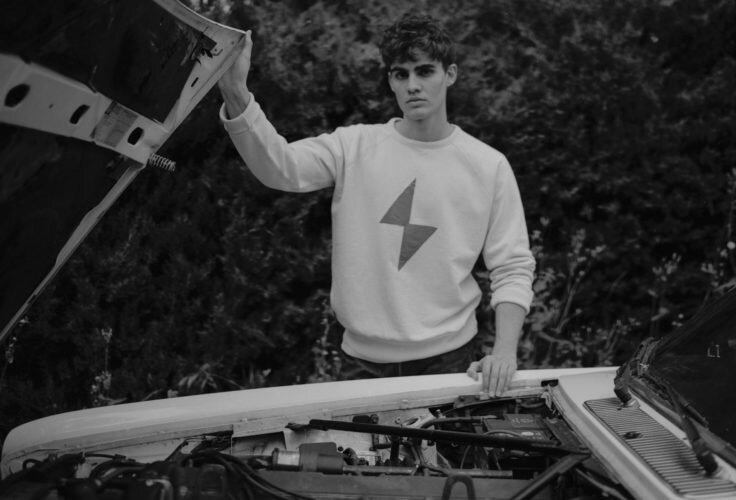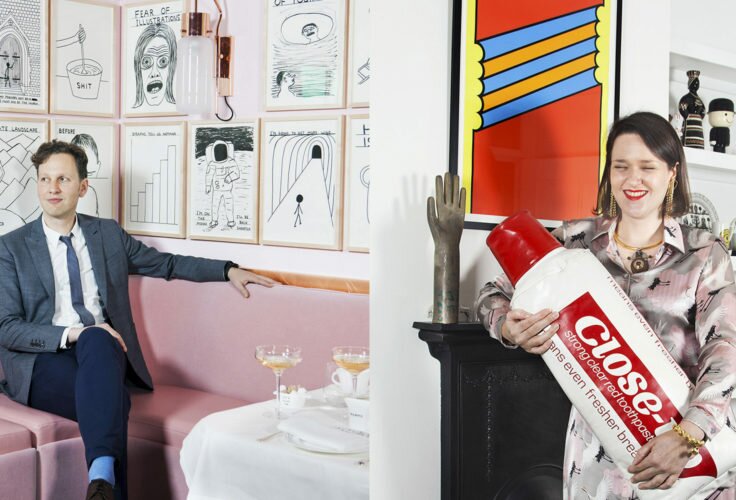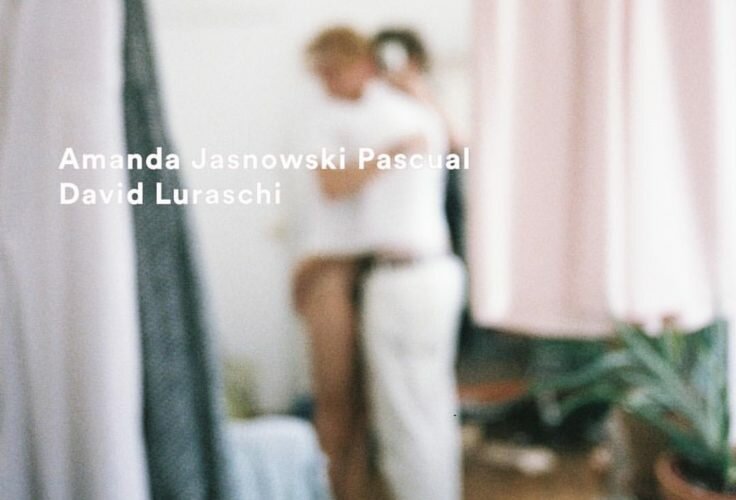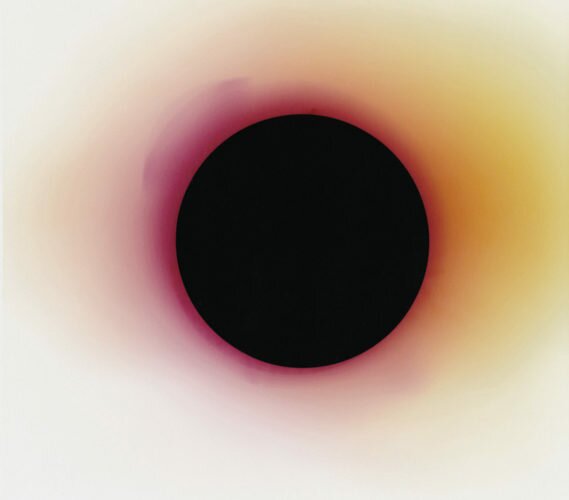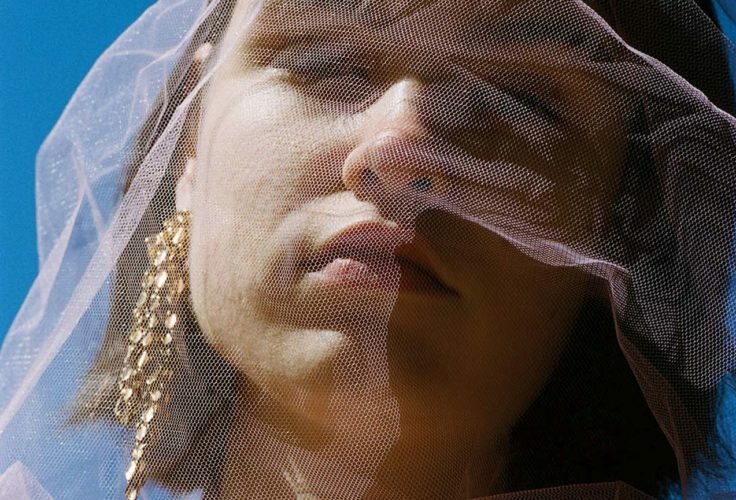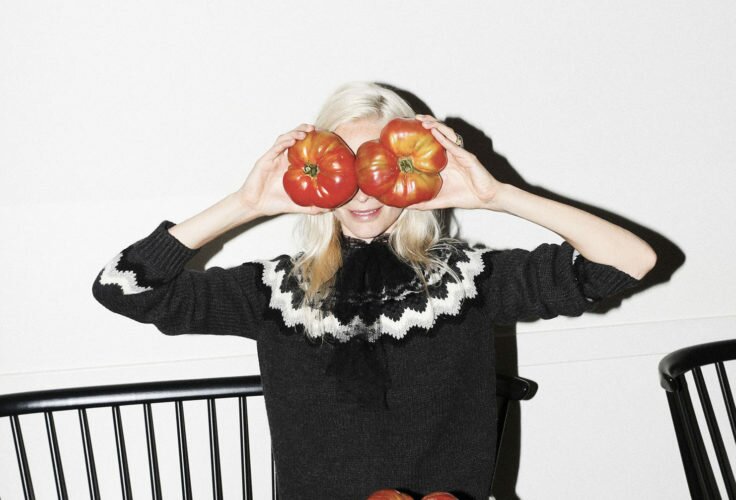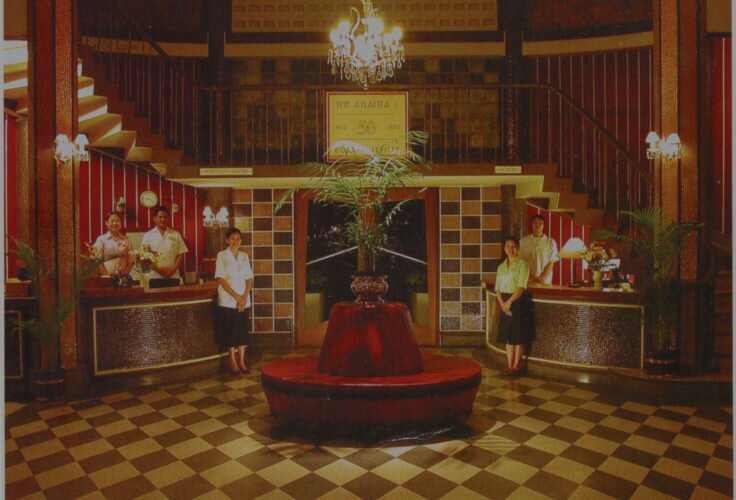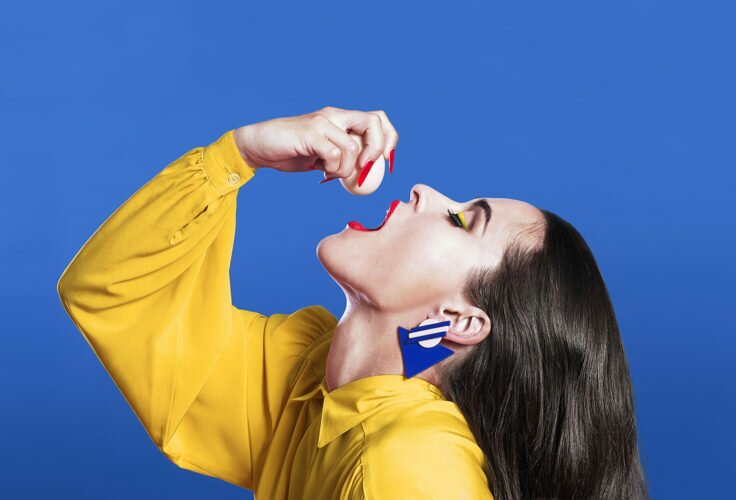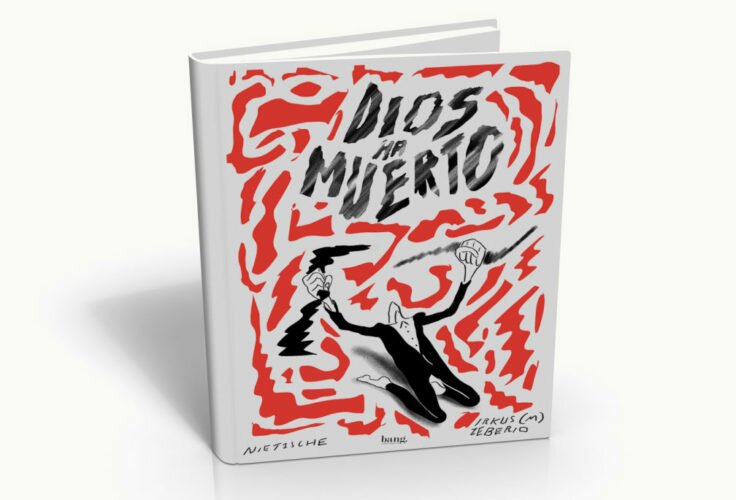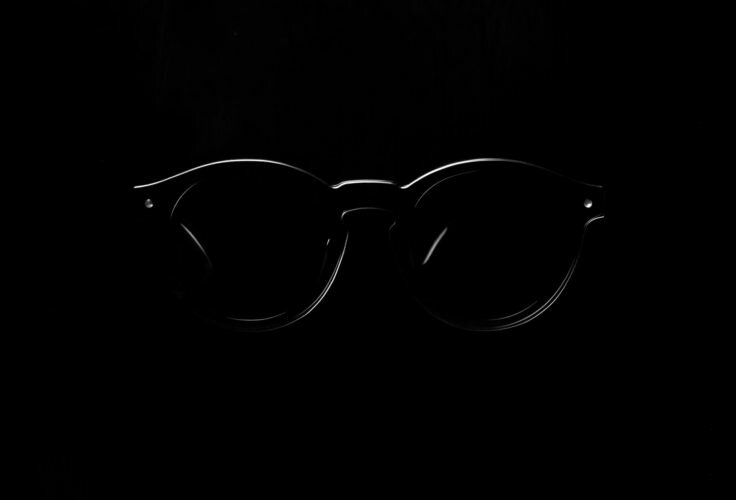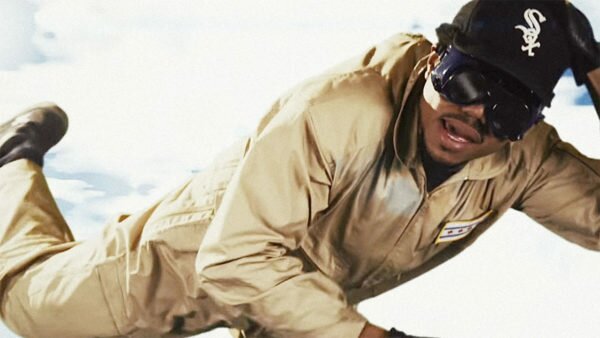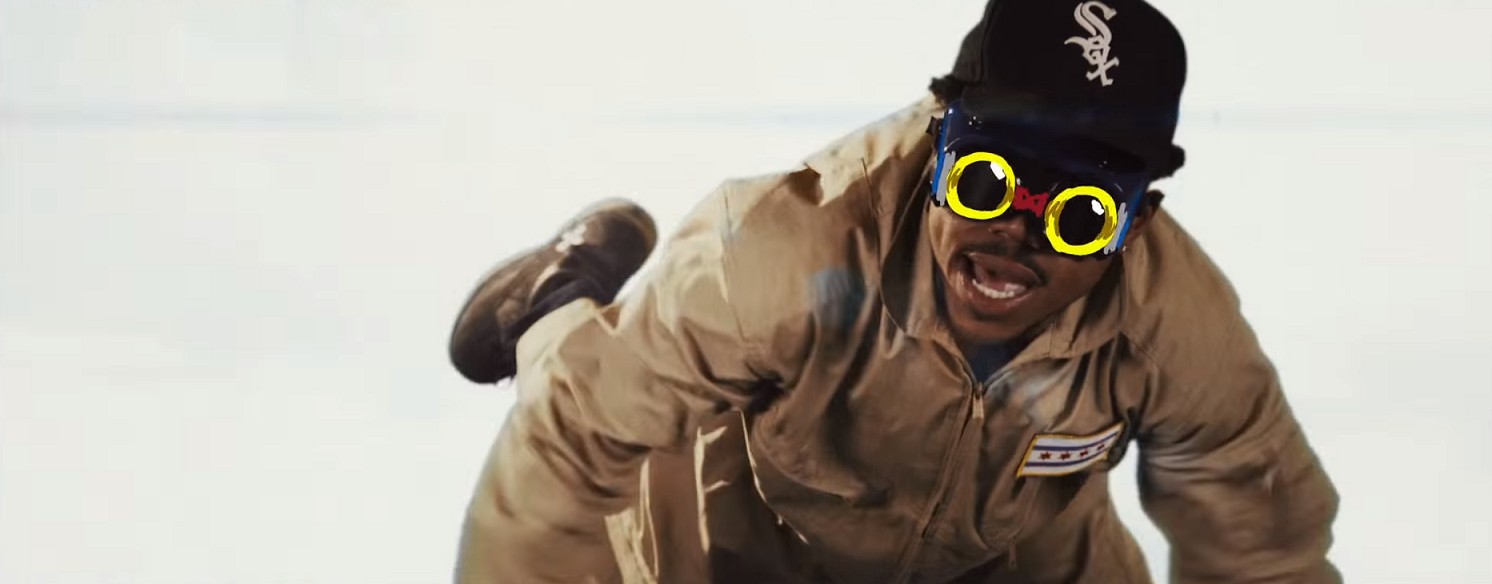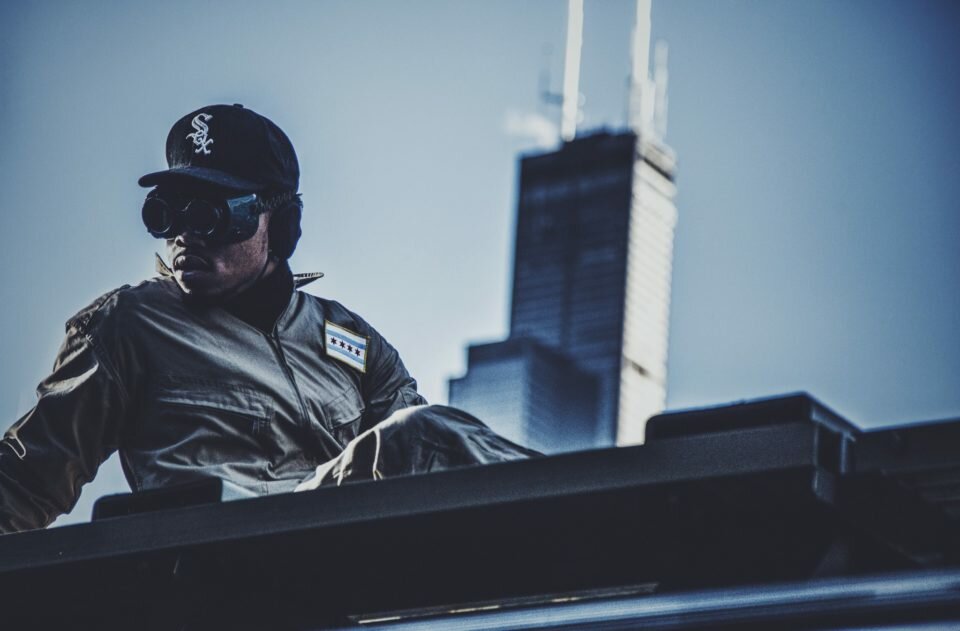Drake ha hecho un videoclip sobre recibir un tartazo en la cara, Child’s Play. Tyra Banks es la lanzadora. Y Ben Tuthill el testigo.
CHANCE VS.
In an essay for The Ringer, Lindsay Zoladz pinpoints the differences between what are increasingly accepted as two types of Millennials: the older, born in the Eighties and “old enough to remember what human interactions were like before [social media] came along”, and the younger, born in the Nineties and raised alongside the Internet. The critical difference is divergent attitudes toward irony and authenticity. The older “wants to make sure you know he’s never shopped at Urban Outfitters […] [the younger] is like, ‘they got dope t-shirts’”.
These sorts of generational caricatures are always reductive, but Zoladz hits it on the money by identifying the New Millennials with Chance The Rapper‘s widely acclaimed mixtape Coloring Book. If Drake and Kanye West epitomize what content farms have identified as millennial attitudes for the past ten years, Chance epitomizes the kids who’ve grown up reading that content with their fingers firmly planted on the . Coloring Book defers every postmodern strategy for hip hop coolness in favor of a self-conscious but nevertheless unapologetic celebration of the better things in life. It’s the album that was predicted by Chance’s Ultralight Beam verse, and it maintains the spirit that was introduced to the public this April by the unrepentantly cheezy video for lead single .
Angels continues a trend of ascendent rappers engaging in literal acts of video ascension. The most salient examples came last year, first with Kendrick Lamar’s , and later with it’s reflection in Vince Staples’s . Kendrick’s departure from gravity comes from half-managed optimism, a reverse falling-with-style that makes the most of his unstable physics. He’s not in control, but does the best he can to enjoy the ride up until the last brutal shot when gravity finally kicks back in. Vince, on the other hand, is more despairing caught in a powerless upward draft that’s more reminiscent of the horrifying title sequence of the first season of HBO’s than it is to any sort of Ascension. Both videos speak to a lack of autonomy against an external force that dominates everyday life – the kind of structural force that was very much at the forefront of 2015 urban American politics.
Chance in 2016 wants none of that. His flirtation with weightlessness isn’t floating – it’s flight. Chicago artist Hebru Brantley’s Flyboy illustrations play a big role in the art direction, but the dominant reference point in Angels is Will Smith’s mostly terrible 2008 superhero movie . The inept superhero is a good archetype for Chance – he isn’t exactly in control, but he’s inarguably autonomous. He flies where he wants to fly, at the speed he wants to fly at (that is, way too fast). He only cedes that autonomy when he chooses to land – and when he does that, he gives himself over to the movement of the city he loves via roof of the Chicago L.
As someone who was born right on the Old/New Millennial cusp, there’s painful about watching all of this. There’s the cute line drawings, the unrepentant sweetness of lyrics like “clean up the streets so my daughter has some place to play”, Saba’s shit-eating grin. It goes against all of my irony-shielded sensibilities. I don’t want to hear about angels. I don’t want to watch a 23-year-old kid ride around on top of a train like he’s Chicago’s savior. I don’t want to listen to anyone speak to God in public.
But enthusiasm is infectious, and by the concluding halo I’m not only convinced that this is for real, but that Angels is a whole lot sweeter than any distancing sensation of coolness could ever feel. Part of that is Chance’s pure talent – lyrically it’s hard to imagine anyone other than Kendrick Lamar who can match him right now. But more importantly, as the inspirational posters Chance clearly grew up reading always say, it all about attitude. He looks absolutely convinced that he’s doing something awesome, and it’s a blast to get swept along with the spirit, coolness be damned. Angels is so New Millennial that he bleeds out the Old Millennial in me. It’s positive enough to inspire delusions of optimism. Like it’s spiritual forerunner , it makes me want to be a good person.
In on Coloring Book, Chance, sounding like he’s holding back tears as he bashfully mumbles into his shoulder, raps, “the people’s champ must be everything the people can’t be”. Out of context, that stinks of self-righteous arrogance, but at the end of Coloring Book it feels altogether genuine. If the art of celebrity is the maintenance of a public persona that supersedes our own, Chance, for once in contemporary hip hop, choses the Hero. There’s something deeply uncool about that in a culture where the complexity of the Antihero is our kneejerk answer for narrative authenticity. But in a world that’s swimming in increasingly reductive iterations of the same set of vices, from HBO to E! to the VMAs to Worldstar, it’s refreshing to see a kid step forward and try to be an angel. “Are you ready for your miracle?”, the choral outro to Coloring Book asks. Gosh darnit, why not?
